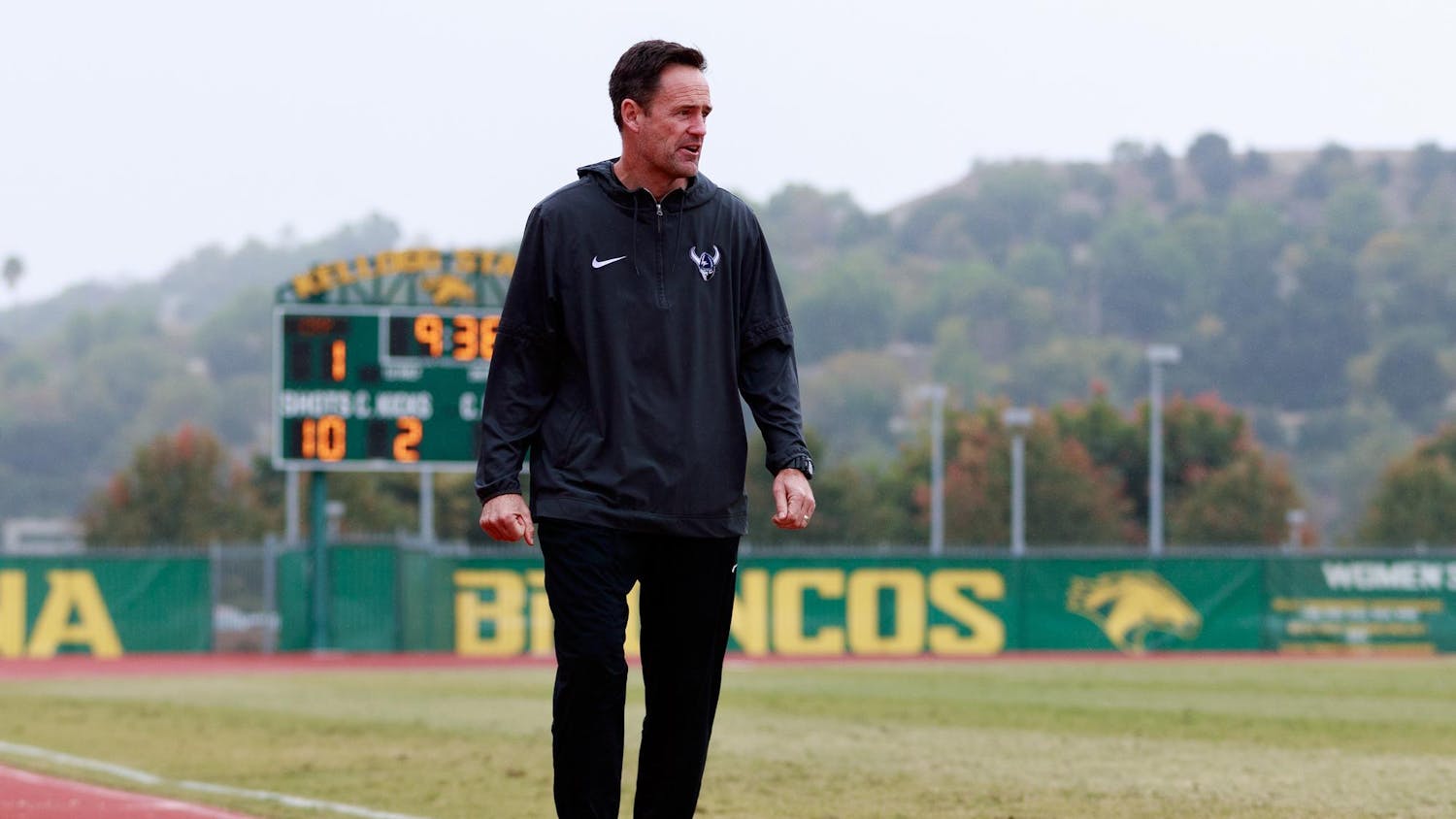“Catch-22,” “To Kill a Mockingbird,” “Where the Wild Things Are” and more were propped up in the Village Books window display for the Banned Books Week Read-In on Saturday, Sept. 30.
Although the event was meant to be open-mic style with volunteers reading passages from their favorite banned books, Village Books employee Hayden Winn answered questions, informed customers of books that have been banned and chatted with people about some of their favorites.
“[Books] are getting banned every day from libraries and schools all across the country, even in our own state,” Winn said. “A lot of people think it’s just something that happens in the South—it is not. It is a country-wide thing.”

Shonda Purvis, the only person to read a passage aloud, read about the event in a monthly magazine and wanted to participate.
“I don’t like the idea of banning anything arts-wise because it’s all subjective anyway,” Purvis said. “My mom pretty much let me read anything I wanted to. And things that were above my head went above my head, so I was allowed to read and watch a lot of things that might’ve seemed odd to my friend’s parents.”
Macile Assink had the opposite experience growing up, which made her want to read the books even more, she said.
“My mother’s a librarian and so we all grew up with books,” Assink said. “She was a fundamentalist and all of the books that were banned of course I wanted to read. I didn’t restrict my daughter’s reading at all and some of the banned books are our favorites.”
Although Assink listed “Fahrenheit 451,” “The Fault in Our Stars” and “The Handmaid’s Tale” as some of the banned books she enjoyed, she said she recognizes “Catcher in the Rye” as one of the most memorable. The American Library Association's Top 10 Most Challenged Books of 2016 were opposed because some included LGBTQ+ characters or sexual material. No. 6 on the list is “Looking for Alaska” by John Green, an author who will be visiting Western on Oct. 29. The book was challenged because it contains a sexually explicit scene.
“Most of these books end up getting banned for more religious and conservative issues, in that they have sexual themes or language people don’t find appropriate for a specific age group,” Winn said. “In fact, a lot of young adult books that are written for teen readers are then deemed by parents to be only suitable for adult readers, so they get pulled from schools. ”
Winn said many of the books are being banned in schools and public libraries, which depend on funding from the public. Books can be removed for profanity, immorality or for being offensive in various contexts.
Libby O’Connor doesn’t think any books should be banned.
“Books should inspire conversation. Nothing should be banned. Even racist, Nazi, KKK stuff shouldn’t be banned,” O’Connor said. “[It] doesn’t mean you have to agree with everything, but information is power. Trying to stop people from having information is never going to be good.”
Village Books was taking part in the ALA’s Banned Books Week, an annual celebration of “the value of free and open access to information” that usually takes place during the last week of September.





